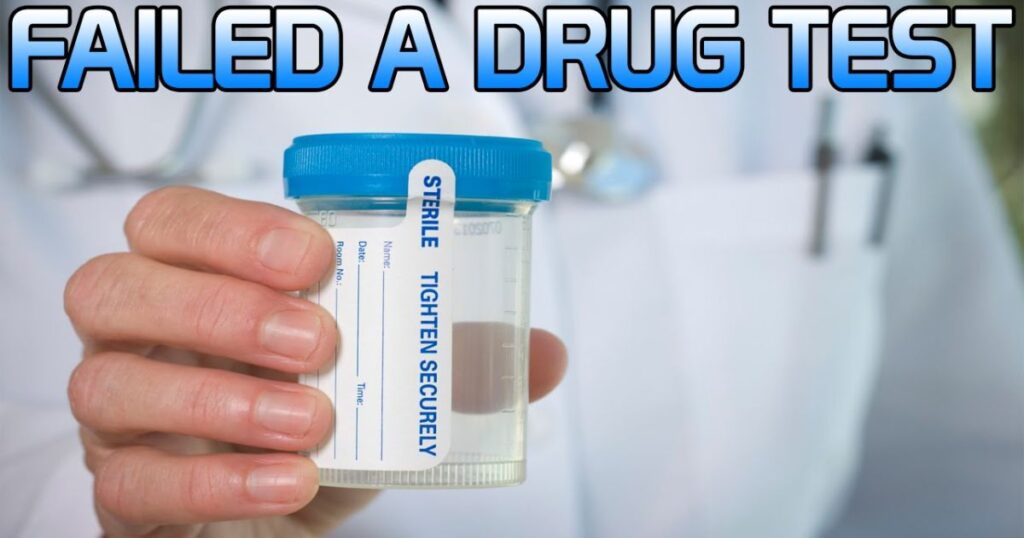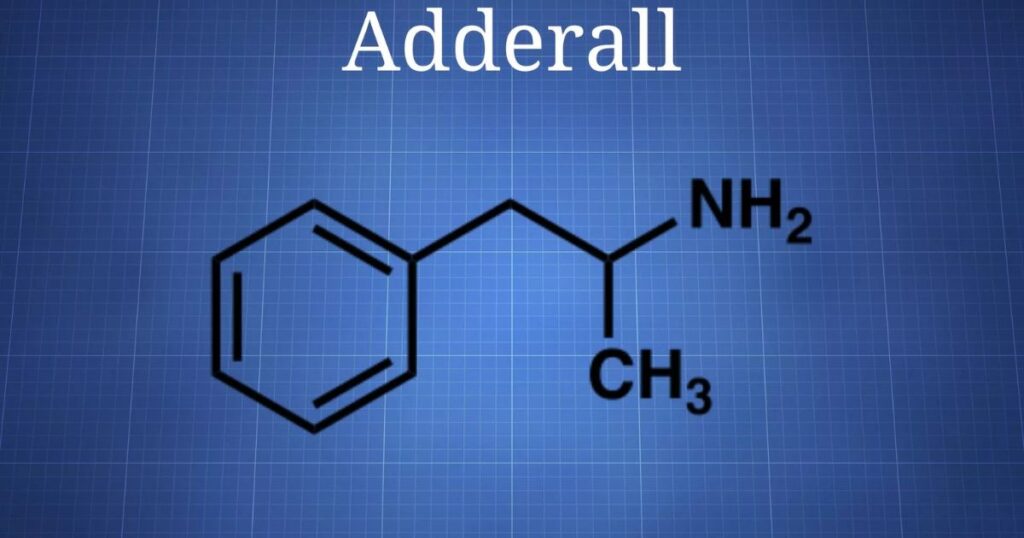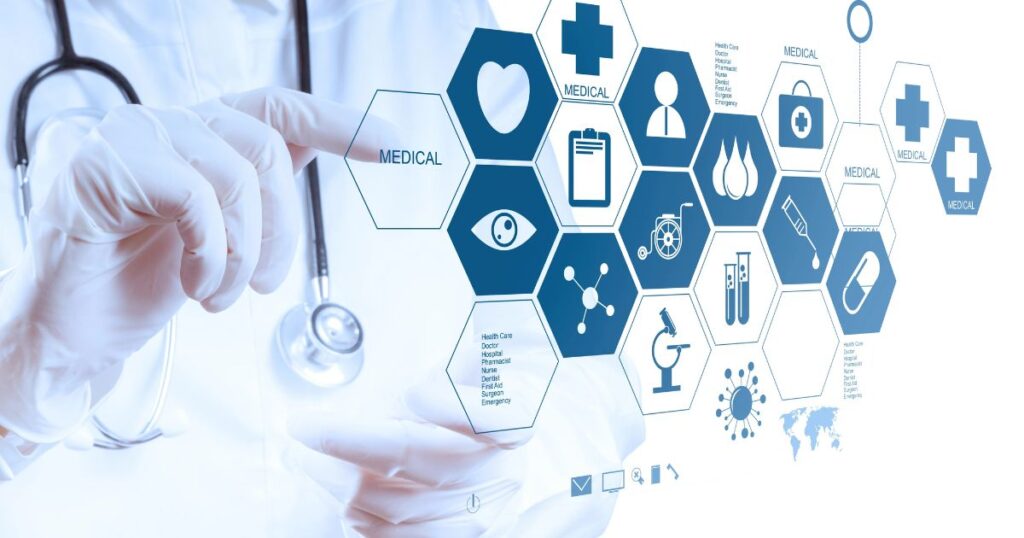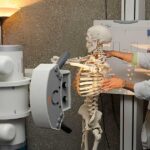Drug testing for pharmacy technicians is a standard practice at many pharmacies and retail stores. As technicians have access to medications, including controlled substances, employers ensure safety through screening. Testing confirms technicians can perform their duties drug-free.
Being a pharmacy technician might sound like an interesting job until you learn that you will routinely undergo drug testing. As someone assisting with medications, your employer needs proof that you are not using any substances that could put patients at risk.
Most pharmacy job applications will require agreeing to be tested, including when first starting. Unannounced testing can also occur if suspicion arises. Positive results may end your career in this field, so full disclosure of any prescriptions is important to avoid issues. Maintaining a drug-free lifestyle is key to remaining eligible for these positions.
Do Pharmacy Technicians Get Drug Tested At CVS?
As one of the largest pharmacy chains in the United States, CVS understands the necessity of ensuring the safety of patient care. Their pharmacy technicians are extensively screened through interviews, background checks, and examination of qualifications.
The final determination for hiring rests on passing a drug test. CVS technicians know that if they wish to be part of the company, maintaining employment depends on abstaining from any substances that could interfere with work or compromise the integrity of their profession.
Do Pharmacy Technicians Get Drug Tested At Walmart?
Working in the bustling pharmacy department of a major retailer like Walmart brings tremendous responsibility. Technicians help provide medications to many customers each day as part of their important jobs. Given the environment and need for care, Walmart emphasizes ensuring its tech team remains wholly drug-free.
Don’t miss to read out this blog: How To Clean Weather Tech Mats
From the initial application process requiring a test to random screenings anytime after hiring, technicians who wish to stay on with the company know they must pass this standard that prioritizes the health of those they serve above all else.
Can You Lose Your Pharmacy Job If You Fail A Drug Test?

As a pharmacy technician, patients rely on your skills and judgment around sensitive prescriptions daily. Should a failed drug test reveal impairment or illegal substance abuse, the relationship of trust with employers breaks down.
While honest disclosure of valid medical needs may allow for treatment instead of firing, solely recreational drug use displays an incompatible lifestyle with this role. Technicians stay abundantly clear: one slip could mean losing their career helping others in an instant for compromising workplace safety.
Can You Lose Your Pharmacy Tech License If You Fail A Drug Test?
Every shift technically requires full focus and split-second care, a job where impairment could spell danger. As such, state licensure boards overseeing pharmacy technicians hold them to the highest behavioral standards, with cause for disciplinary action if not met.
A failed drug screen uncovers a licensee has violated both trust in their abilities and legal responsibility to maintain fitness for patient services. One test away from a positive result stands the risk of not only losing present work but also long-term barring from the field should that technical license face revocation.
Do You Get Drug Tested As Part Of A Pharmacy Technician Interview?
As the interview for coveted pharmacy technician roles progresses, nerves may mount on whether qualifications seem enough. Few expect the final hurdle of a drug test awaiting at interview’s end to prove worth.
People Also Read This Blog: How Much Is Ultrasound Tech School
Yet employers prioritize patient protection through every step, from screening vibrant candidates’ skills to then confirming legal compliance and medical integrity. The test stands as the final judgment on a dream position, with careers flourishing or fading based on passing one exam before being offered the job.
Do Pharmacy Technicians Get Randomly Drug Tested?
Behind counters stocked with potent products, technicians assist countless clients daily needing prescriptions fulfilled. To ensure ideal service, employers make no assumptions but actively surprise staff with occasional impromptu screenings.
No technician ever knows when a request may be scrutinized, keeping everyone on their toes. While random tests add occasional stress, they also ensure any day access to medications poses no risk from compromised judgment under the influence. Safety remains the top priority.
Will Adderall Make Me Fail A Drug Test?

When prescribed stimulants to treat disorders, technicians struggle with whether medications may cost careers. Adderall contains amphetamines detectable on screens, so simply following treatment brings doubts.
To pass tests peacefully, honesty remains key disclosing prescriptions allows accommodating positive results from warranted substances. Otherwise, trying secrecy risks failing tests and failing patience. Pharmacy careers require full disclosure to continue beneficial treatments without career consequences.
FAQ’s
What Can A Pharmacy Technician Not Do?
As a technician, filling prescriptions alone without supervision is prohibited.
Do Pharmacy Techs Wear Scrubs?
Pharmacy technicians typically don loose-fitting scrubs for sanitary and practical medication handling.
What State Pays The Most For Pharmacy Technicians?
California’s urban locations often offer the highest starting salaries for pharmacy technicians.
What Is The Scope Of A Pharmacy Technician?
Pharmacy technicians operate under a pharmacist’s oversight to expedite prescriptions behind the scenes.
Conclusion
Pharmacy technicians perform vital yet sometimes unseen tasks to keep prescription operations running smoothly under a pharmacist’s leadership. Their roles require understanding complex healthcare environments and strict compliance with all regulations.
While responsibilities vary between settings, pharmacy technicians universally play important behind-the-scenes parts ensuring patients receive timely and correct medication to aid their well-being.








